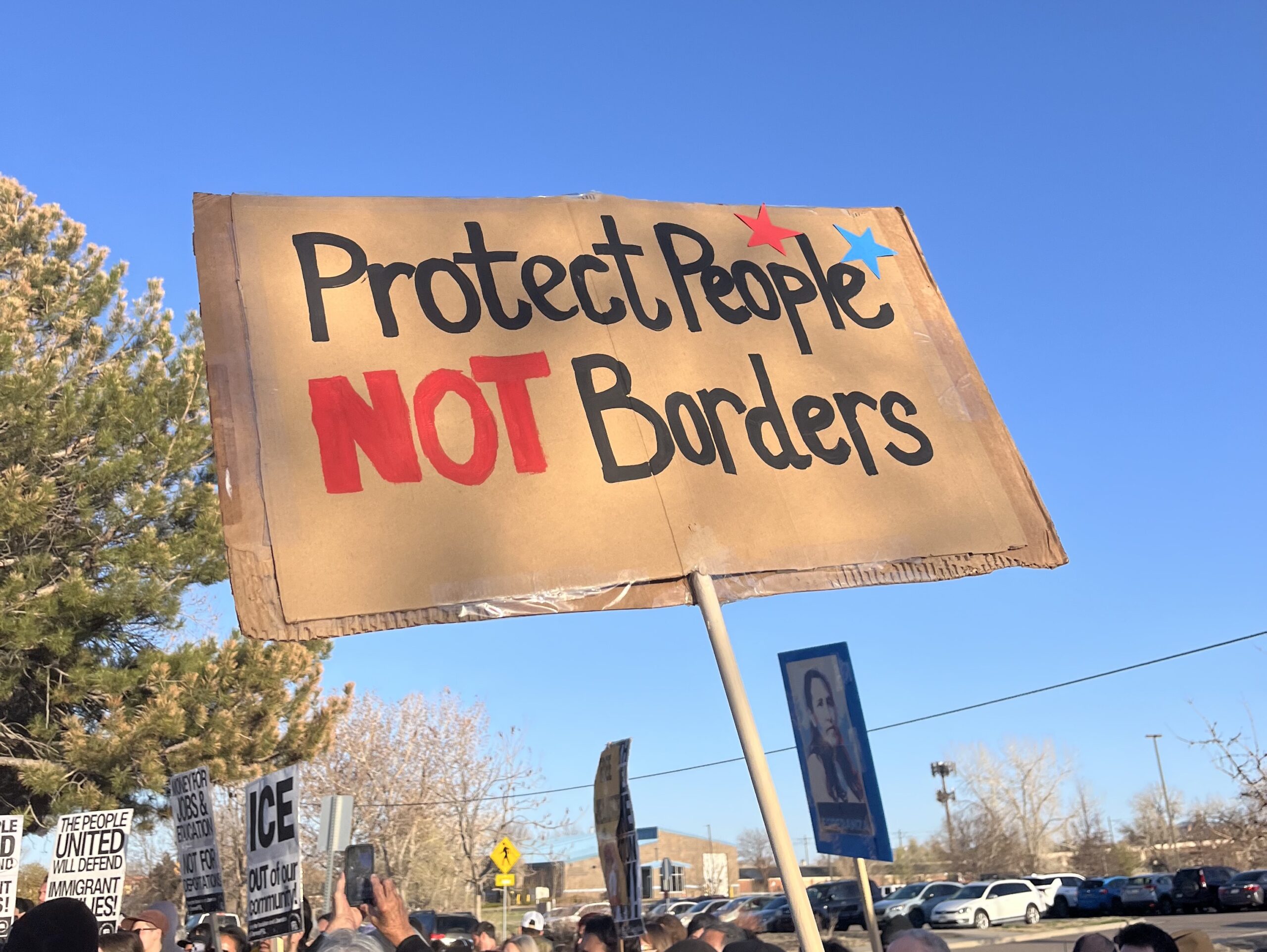IN HIS EDITORIAL, “I agree with George W. Bush,” Mr. Smith raises some serious and valid issues concerning the sometimes problematic practice of affirmative action.
However, his entire argument essentially rests on the idea of equality. The semantics of the word “equality” and the practice of affirmative action seem to be in direct contradiction to each other.
Yet this does not change the fact that the larger social stage does not consist of groups with equal opportunity. In short, Mr. Smith fails to answer a critical question: How can the systematically oppressed break the cycle of oppression without an increased number of opportunities?
For you see, Mr. Smith’s entire argument only becomes valid if the larger socio-governmental relationships between groups rests on a foundation of equality when, in fact, it does not. The privileged position of “college students” is a privilege not shared by all groups. Sociological studies – in great numbers – have shown the nature of these inequalities and it would seem irresponsible to dismiss them in favor of a nonexistent, positivistic idealism.
We will forever be unable to truly partake in the American ideal if we are unable – nay unwilling – to afford the opportunity to the non-privileged. And like all opportunity, it will cost us. It would be unrealistic to assume otherwise.
Mr. Smith writes, “All individuals need to be evaluated based on their merit as human beings, which has everything to do with integrity, character and intelligence, and nothing to do with race, gender or anything else beyond one’s control.”
How can we evaluate the merits of human beings (in the uneducated class) when so many of the “merits” mentioned above are defined by the educated class? And so I re-ask the question and challenge Mr. Smith to adequately respond. How can the systematically oppressed break the cycle of oppression without an increased number of opportunities?












